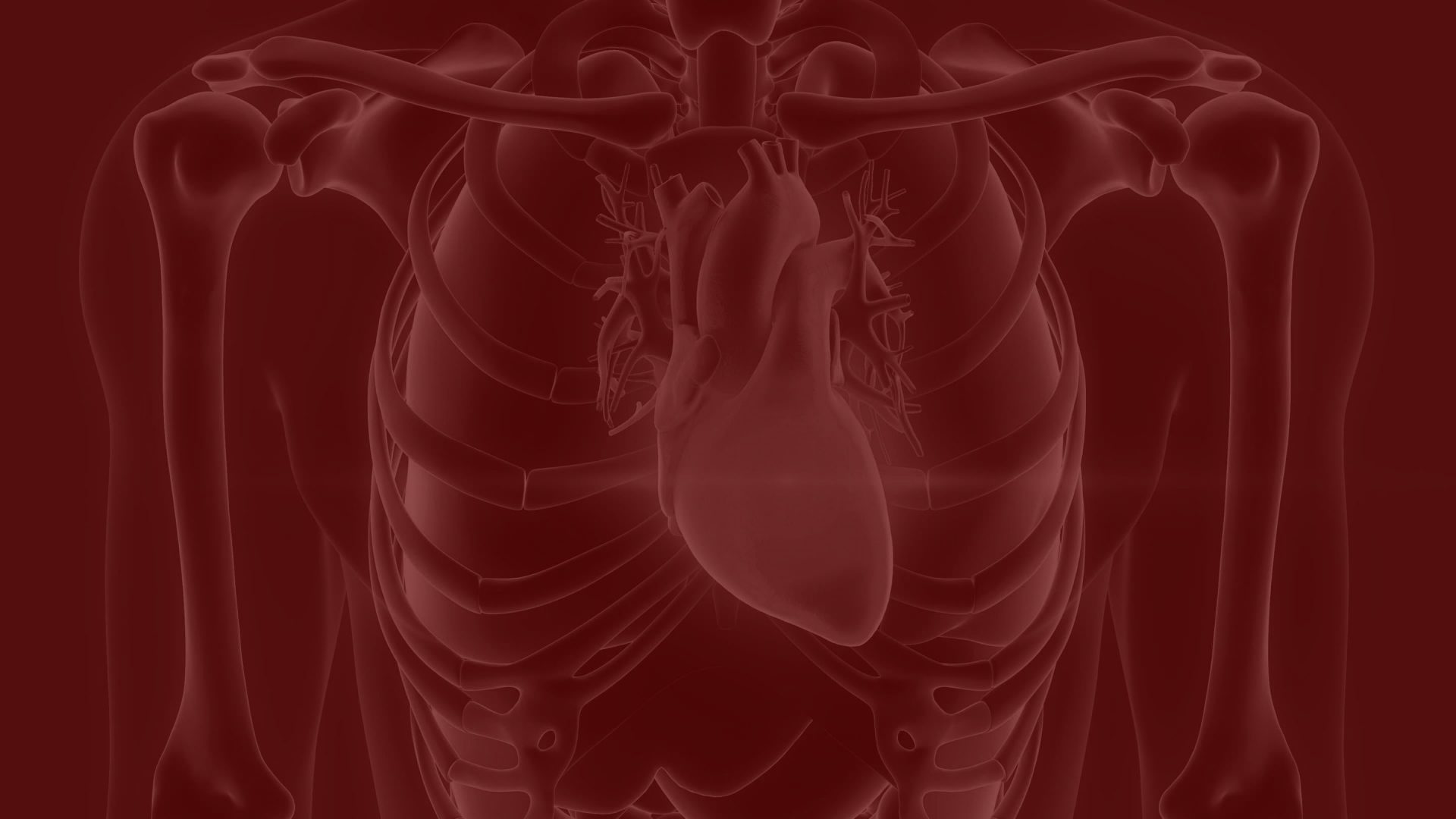Obstructive sleep apnea (OSA) has been identified for some years. It has very frequently been ignored by much of the lay public, and even by many medical practitioners. Although the most common and effective treatment for sleep apnea is continuous positive airway pressure (CPAP), other ENT procedures have been devised to address this physiologic derangement of human sleep. Most regrettably, there may be millions of people worldwide who are afflicted with this abnormal process, but who are unaware, or who have chosen to ignore it, thinking that it is merely an anti-social phenomenon like yawning and snoring, i.e., having no consequential effect on one’s general, or cardiovascular health. Apneic periods, (cessation of breathing) are characterized by a significant number of seconds during which blood oxygen levels fall, CO2 levels rise, blood pH rises, and other abnormalities ensue until breathing is finally restored in a gasping compensatory manner.
Consistently appearing, impelling, and newer data are beginning to attest to the long term potentially noxious consequences of OSA. Adverse cardiac conditions associated with OSA are recurrent atrial fibrillation, (abnormal heart rhythm affecting some 2.5 million people worldwide), congestive heart failure, and poorly controlled high blood pressure. CPAP treatment, with a positive pressure airway mask system, can doubtless decrease the recurrence of atrial fibrillation, and possibly lessen the incidence of heart failure and dementia.
In the same way that the simple cessation of smoking has drastically decreased the risk of atherosclerotic heart attack, stroke and cancer, CPAP may decrease the onset or recurrence of atrial fibrillation, onset of heart failure, or even dementia.
Kasai, Takatoshi, and T Douglas Bradley. “Obstructive Sleep Apnea and Heart Failure Pathophysiologic and Therapeutic Implications.” Journal of the American College of Cardiology, vol. 57, no. 2, Jan. 2011, doi:doi:10.1016/j.jacc.2010.08.627.
Shukla, Ashish, et al. “Effect Of Obstructive Sleep Apnea Treatment on Atrial Fibrillation Recurrence, A Meta-Analysis.” JACC: Clinical Electrophysiology, vol. 1, no. 1-2, Mar. 2015, doi.org/10.1016/j.jacep.2015.02.014.

